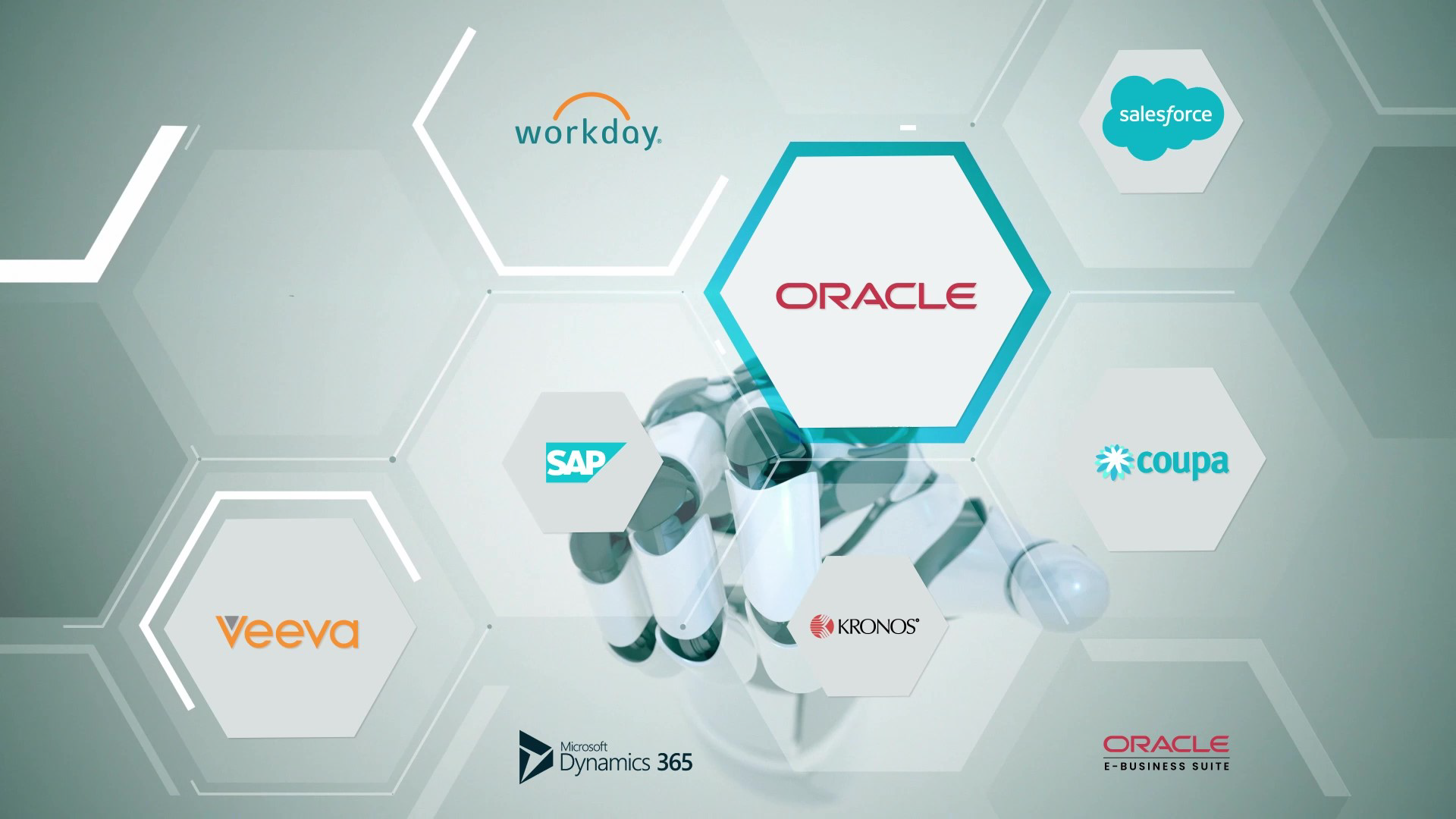 In the noisy race to modernize enterprise systems, ERP transformations are hitting turbulence. Research suggests that 70% of ERP projects will fail to meet business goals by 2027, with 25% facing catastrophic failure. Yet amid these grim odds, Opkey—an AI-powered ERP lifecycle platform—is charting a new course that turns software testing, training, and change management from bottlenecks into accelerators.
In the noisy race to modernize enterprise systems, ERP transformations are hitting turbulence. Research suggests that 70% of ERP projects will fail to meet business goals by 2027, with 25% facing catastrophic failure. Yet amid these grim odds, Opkey—an AI-powered ERP lifecycle platform—is charting a new course that turns software testing, training, and change management from bottlenecks into accelerators.
Pankaj Goel, CEO and co-founder of Opkey, understands this problem better than most. A two-decade veteran of the testing industry, Goel has seen too many automation tools overpromise and underdeliver. “We kept seeing tools become shelfware,” he told ERP Today. “The maintenance was brutal. The onboarding took too long. Most of them simply didn’t work for ERP.”
The breakthrough came when Goel and his team developed a way to combine process mining and observability, powered by ERP-specific small language models (SLMs), to enable what they call “agentic automation.” Unlike traditional test automation tools that rely on static scripts, Opkey’s platform uses AI agents that adapt dynamically to ERP configurations, changes, and business context—across Oracle Fusion, Workday, SAP, and beyond.
What does this mean in practice? It means eliminating the manual drudgery of quarterly patch testing. Ameren’s ERP lead, Chinmay Samal, reports that Opkey cut their testing time by 85%, with better coverage and faster releases. Cummins slashed their testing effort by 80%, freeing IT to focus on delivering value rather than managing test cycles. At Myriad Genetics, pre-built accelerators reduced validation timelines and boosted confidence in change deployments.
“Our platform makes testing a non-event,” says Goel. “We’ve had CIOs tell us, ‘I haven’t heard a word about testing in six months—and that’s the best news I could hope for.'”
But Opkey is no longer just about testing. Its “digital workforce” now includes agents that handle automated configuration migrations, real-time training content generation, and user behavior analytics. For one global apparel retailer, this meant shrinking a three-week change deployment cycle to a matter of hours.
Goel is wary of how loosely “agentic AI” is being thrown around. “A lot of what’s being sold as agentic is just glorified RPA with a prompt,” he says. For Opkey, agentic means autonomous decision-making—ERP agents that interpret, adapt, and act without human instructions.
This isn’t generic generative AI layered on top. Opkey’s ERP-native SLMs are trained on domain-specific data and logic, enabling higher accuracy and context awareness. The result? AI agents that can automatically generate test scripts, monitor systems, validate updates, optimize performance, and even create dynamic job aids for end users based on their real-time behaviors.
This level of sophistication isn’t just a novelty. It’s a necessity. As ERP systems become more modular and composable—mixing Oracle, SAP, Workday, Coupa, and Salesforce—enterprise leaders need platforms that understand the intricacies of each system and the glue that binds them. “End-to-end capability is critical,” says Goel. “Testing a Workday module means nothing if it breaks your Oracle finance integration.”
At the heart of Opkey’s philosophy is the idea that ERP should be treated as a lifecycle—not a project. “Most CIOs invest millions in licenses and implementation but forget the long-term operating system,” Goel says. “They think deployment is the finish line. It’s not. It’s the starting gate.”
This lifecycle approach is where Opkey aims to make its greatest impact—cutting 30–35% off total transformation time and cost by automating not just testing but also configuration, optimization, and user enablement. As ERP failures mount, this could be the margin between survival and success. In a world where 70% of ERP projects fall short, Opkey is determined to prove that smarter software isn’t a luxury—it’s a lifeline.
What this means for ERP Insiders
Rethink how you measure testing success. If testing still feels like a high-effort, low-impact activity, it’s time to upgrade. Platforms like Opkey make regression testing invisible by using AI agents to autonomously execute test cycles, validate patches, and generate documentation. Ameren and Cummins reduced testing efforts by over 80%—while increasing both speed and quality.
Build ERP lifecycle resilience, not just deployment velocity. A successful go-live is not the end goal. It’s the first step in an ongoing cycle of change. Opkey enables continuous lifecycle management through autonomous config updates, real-time training delivery, and performance monitoring. Enterprises that adopt a lifecycle model will weather vendor updates, M&A, and new business models with far greater agility.
Choose agentic AI that’s purpose-built for ERP. Generic AI platforms aren’t enough. Opkey’s ERP-native small language models and observability engine are designed specifically for Oracle, Workday, and SAP ecosystems. For organizations managing multi-ERP environments or planning to scale with composable architectures, ERP-specific agentic platforms will deliver superior accuracy, adaptability, and ROI.






